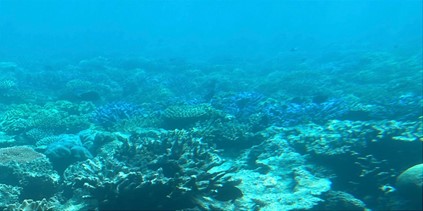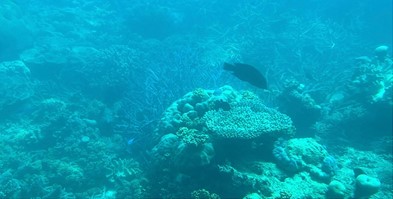Coral reefs are one of the most diverse ecosystems on Earth. The reefs are made up of millions of coral skeletons. Unfortunately, due to global warming coral is suffering from bleaching or even dying.
Coral Reefs are very important for the environment and help protect marine animals. According to the National Oceanic and Atmospheric Administration, “They are home to about 25% of all marine species, including fish, crustaceans, mollusks, and other organisms.” Reefs also act as natural barriers, protecting coastlines from waves, storms, and erosion.
Coral Reefs are also crucial to local tourism industries. They attract millions of tourists each year, contributing billions of dollars to local economies.
Corals have many medicinal properties and are used to treat diseases such as cancer. According to the Coral Reef Alliance, “Some compounds found in coral reefs have been used to treat leukemia, lymphoma, and skin cancer.” Additionally, the corals’ skeletal structures can be used to graft bones and heal broken bones.
Major temperature changes caused by global warming can stress the corals. Stressed corals expel the zooxanthellae algae living within the coral to prevent further tissue damage, which causes the coral to lose its vibrant color. This is coral bleaching and when this happens, it becomes more vulnerable to stressors like disease and storms.
To preserve our coral reefs, you can educate others about coral reefs and coral bleaching, reduce your carbon footprint, avoid single-use plastics, and use social media to spread awareness about coral bleaching. Together we can make small changes in our daily lives to preserve our ocean’s rainforests!










